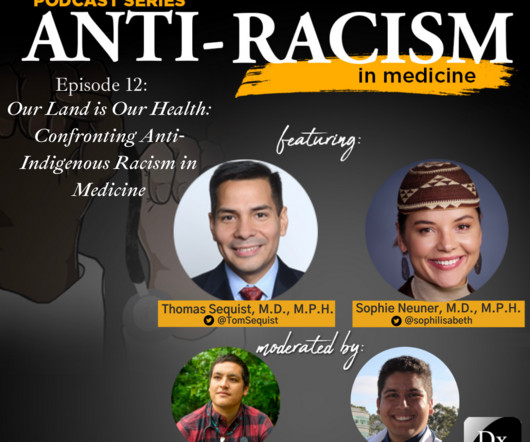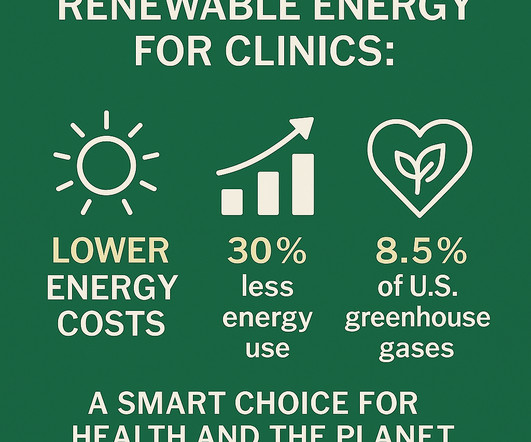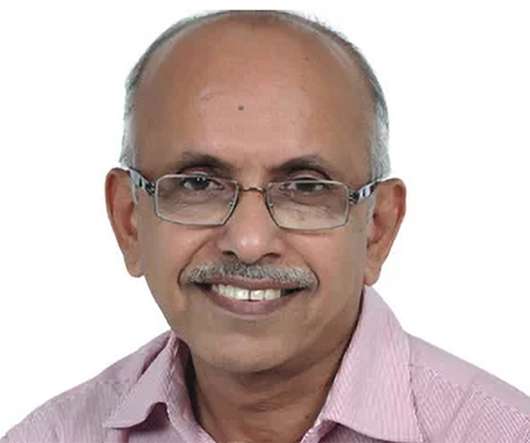Episode 209: Antiracism in Medicine Series – Episode 12 – Our Land is Our Health: Addressing Anti-Indigenous Racism in Medicine
The Clinical Problem Solvers
NOVEMBER 22, 2021
Indigenous Peoples continue to suffer disproportionately from health inequities, mental illness, poverty, climate change and police brutality, all of which have been exacerbated by the COVID-19 pandemic. Tom Sequist “Paving the Way — Providing Opportunities for Native American Students” N Engl J Med 2005; 353:1884-1886.












Let's personalize your content